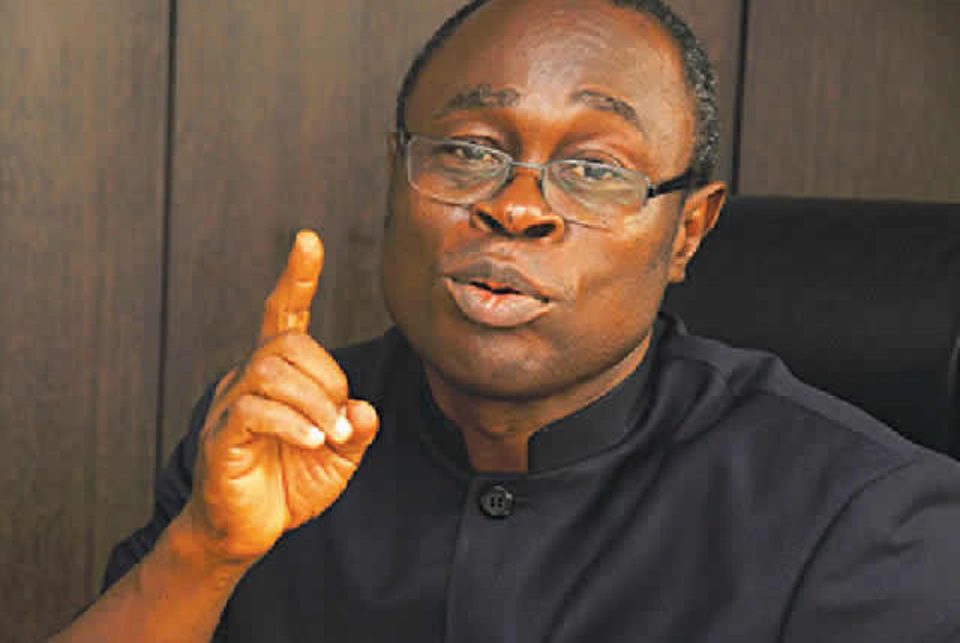Senator Representing Ogun State, Ibikunle Amosun, Managing Director of the Nigerian Electricity Management Services Agency (NEMSA), Peter Ewesor and other energy experts have attributed challenges facing the nation’s power sector to the dearth of human capacity.
The stakeholders stated this at the launch of a book authored by Ewesor, aimed at addressing key challenges in the energy sector in the country and the continent.
Amosun, who chaired the occasion, noted that there was a need for industry experts to document their exercise in books to provide an industry perspective to the challenges sectors of the economy are facing instead of mere theoretical academic books.
According to him, the book, “‘Practical Electrical Systems Installation: Work and Practice (3rd edition)’ would enable the country to improve the power sector, describing the publication as one that should be emulated.”
Amosun, who was represented at the event by the Minister of Mines and Steel Development, Olamilekan Adegbite, said: “This is a welcome development and I think more and more people should do it. So, I recommend this book for all the people in the field.”
Ewesor said anomalies exist in the safety standard in the nation’s electricity sector that the book would correct, including current teachings in the country’s education sector.
According to him, the book will also ensure energy efficiency by helping consumers avoid practices that would endanger their homes and increase their spending.
Ewesor said the connection of homes and other property directly to a 33 kilovolts (kV) power line remains illegal, stressing that the development poses danger and affects the national power grid.
“I have been shouting about how one should not use 33kV lines for point load because of the consequences as it is supposed to carry power from the transmission substation to an injection substation and from there to a 11kV injection substation where they will now be feeding all of us downstream. It has been a big challenge because people don’t follow it. Many people do not know that Nigeria has its own regulations that guide electrical installations,” Ewesor said.
According to him, what most institutions teach in the country are regulations in countries like the U.S. and UK while the knowledge about the Nigerian standards remained dismal.
The book reviewer, the Rector, National Institute of Construction Technology and Management, Prof. Sunday Onohaebi, who commended the author, said there was need for a revised edition that would include adequate maintenance procedures that would guide experts.
He equally noted that basic safety tips must be included to help consumers use electricity wisely, adding that “The book therefore will go a long way to promote electrical system and installation works in the country.”



